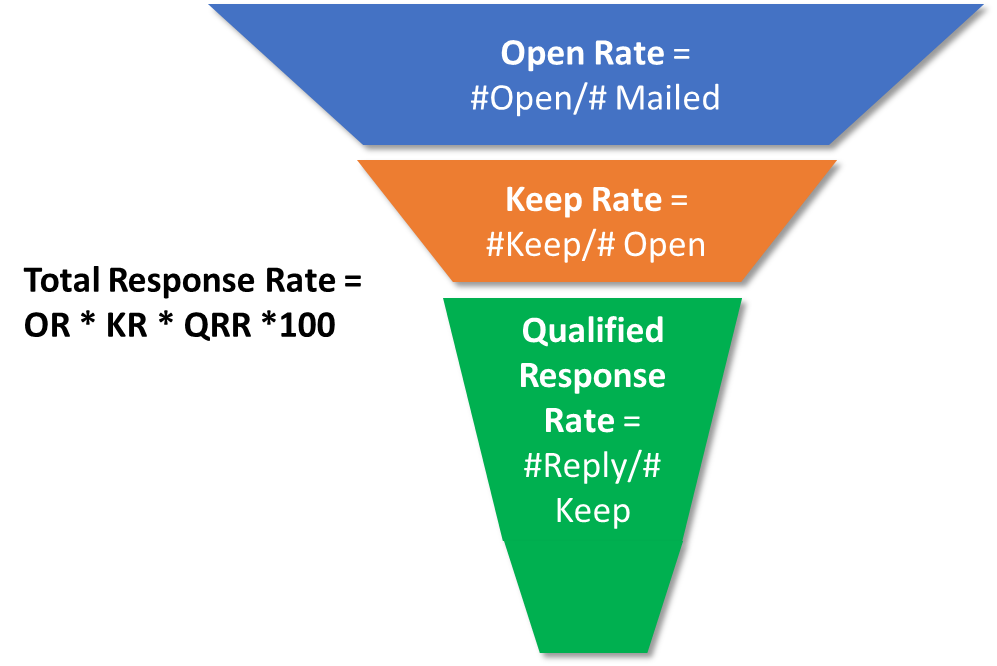
Is Your Direct Mail Funnel All Bookends?
We send out X pieces, Y people respond. Done and dusted. This isn’t a funnel, it’s two bookends and no books. You’re missing out on the stories, lessons, and nuances contained within the “books” in the middle – the donor behavior, preference and needs in these crucial steps. Here’s a much more complete mental model […]
Learn More